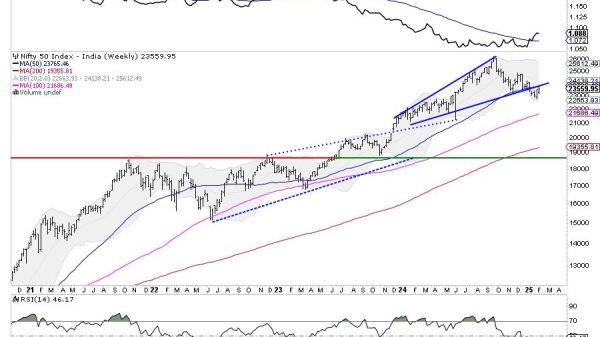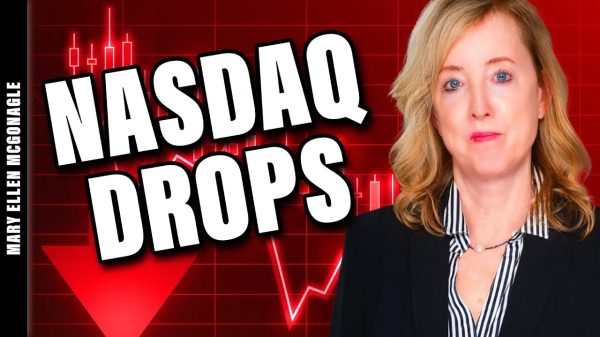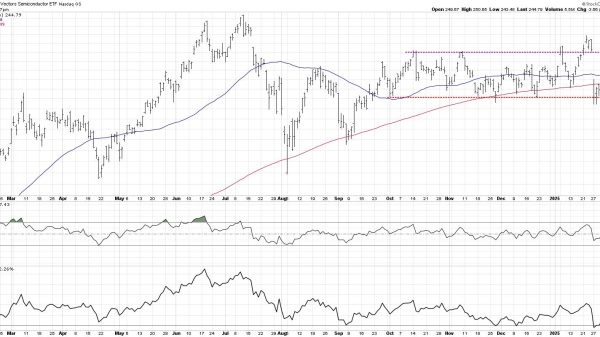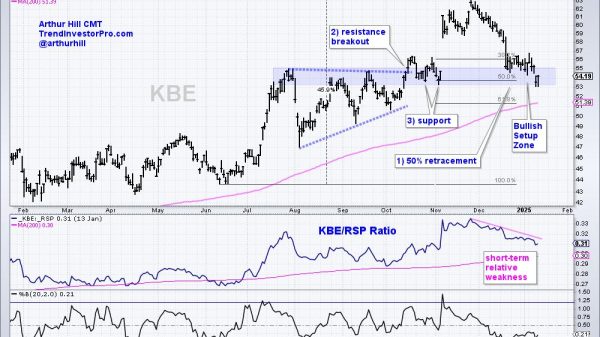Stephen Slivinski

Ten years ago, on February 25, the Supreme Court of the United States reminded us that maybe the Sherman Antitrust Act, the federal statute passed in 1890 intended to enforce and increase market competition, should be aimed at the only lasting anti-competitive force in the modern market economy: the government itself.
It all started nearly 20 years ago when the North Carolina Board of Dental Examiners declared war on shopping mall teeth whiteners, none of whom were dentists. The board sent more than forty-five cease-and-desist letters to entrepreneurs offering conventional teeth-whitening services—not in spacious and well-appointed offices but more like modest spaces for people to apply the products themselves with some help and maybe an infrared lamp provided by the staff. The dental board also convinced the state’s Board of Cosmetic Arts Examiners to issue similar letters. In 2007, they also began sending letters to shopping mall managers recommending eviction of the offending businesses.
This all happened because the board members wanted to bully their competitors out of business because the dental board consisted mainly of licensed dentists—six out of the eight board members—who saw these upstarts as a threat to their existing businesses. So, using the power the state government delegated to them to enforce occupational licensing laws, the board defined the practice of dentistry to also include teeth whitening. This meant that the shopping mall teeth whiteners, to continue to operate their business, needed to spend thousands of dollars and years of classwork to get an accredited dental degree and then jump through the additional hoops to get state dental licensing.
It was obviously meant to be a death sentence for these competitors, meted out by the judge, jury, and executioner that was the North Carolina Board of Dental Examiners.
Then, on February 25, 2015, the Supreme Court of the United States reprimanded the North Carolina board for this shakedown. The SCOTUS majority effectively stated that state licensing boards made up of a majority of “active market participants” and not subject to active legislative supervision were effectively acting anti-competitively—like a private cartel—by using a regulatory power that the government handed to them to protect their incumbent market interests.
You’d think that over the past ten years most state legislatures and boards would have wised up and at least tried to look less suspicious even as they continued to box out their economic rivals. But you’d be wrong.
A recent report, co-authored by me and two attorneys from the Pacific Legal Foundation, took a look at how many “active market participants” sit on dental boards today versus ten years ago. Most of them look the same as they did then, and a few even look worse.
Since the NC Dental case was decided, no state has changed its laws to decrease the industry control of dental boards. Three states—Georgia, Michigan, and North Dakota—have actually increased the number of board seats held by people with clear conflicts of interest. And eight states allow lobbyist control of dental licensing board nominations by requiring that the governor choose board members only from a list provided by a state or national dental association.
This isn’t only a problem on dental licensing boards. Of the more than 1,700 occupational licensing boards across the country, 85 percent are required by statute to award a majority (and sometimes a supermajority) of voting seats on the board to those already licensed and currently active in the profession.
What should this mean to liberty-minded legislators and litigators? You can tune in to this February 27 Cato webinar to hear our thoughts. And you can read the report here.
























